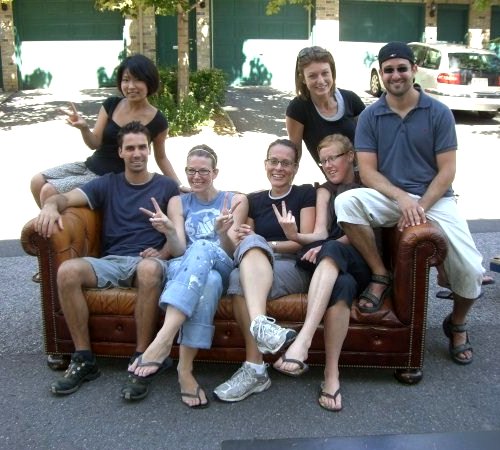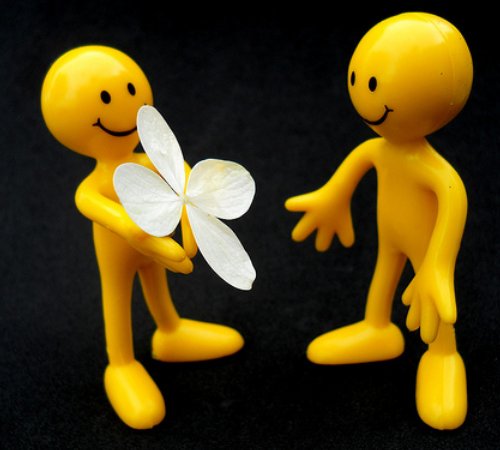Anybody can become angry. But to be angry… at the right time and for the right purpose is not within everybody’s power. – Aristotle

How do you release anger? Some people find having a safe target to be helpful, in this case, a speed bag. Would it help you, or do you have other methods?
What does that mean?
This is a popular quote, but shortened for twitter. The longer version is: “Anybody can become angry – that is easy, but to be angry with the right person and to the right degree and at the right time and for the right purpose, and in the right way – that is not within everybody’s power and is not easy.”
This quote is about anger, and how easy it is to get wrong. The long version of the quote lists quite a few ways in which an anger can go wrong. It lists the following ‘dimension’ for anger:
– the correct person
– the correct amount
– at the proper time
– towards the proper end
– in the correct manner
The quote believes that anger, properly expressed, should match all of these dimensions of the anger to the offense which generated the anger. I have to agree, that doesn’t sound easy to me. Others believe that self discipline will be sufficient, and find it to be a useful tool.
The quote also implies that some people may not be able to accomplish this task. While I would like to think that it is not so, I have both observed and experienced an anger in which one or more of these dimensions has been exceeded. The particularly hot-headed may not be up to the task, becoming lost in the emotion.
Why is properly handling anger important? Continue reading













